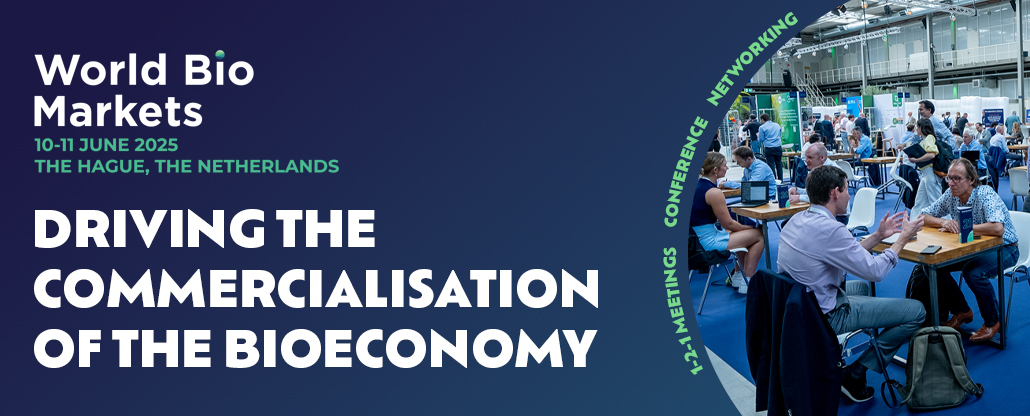Royal Dutch Shell (Shell) has announced its ambitious goals to produce approximately 2 million tonnes per year of sustainable aviation fuel (SAF) by 2025. The company also aims to have at least 10% of its global aviation fuel sales as sustainable by 2030.
The news was announced one week after Shell said it will build a biofuels facility at the Shell Energy and Chemicals Park Rotterdam, the Netherlands. This facility would have the ability to produce 820,000 tonnes of low-carbon fuels a year, including SAF.
“Currently, sustainable aviation fuel accounts for less than 0.1% of the world’s use of aviation fuel [according to the World Economic Forum]. We want to help our customers use more SAF,” said Anna Mascolo, President of Shell Aviation. “With the right policies, investments, and collaboration across the sector we can accelerate aviation’s progress towards net zero by 2050.
“Last week we announced that we have taken a final investment decision for a new biofuels plant at our Rotterdam Energy and Chemicals Park. Shell also offers certified nature-based carbon credits to offset emissions, and we are exploring other ways to help aviation get to net zero, including hydrogen power.”
In a joint report with Deloitte, the company looks at how the aviation sector can accelerate its progress towards decarbonisation. “Decarbonising Aviation: Cleared for Take-off” is based on the views of over 100 aviation industry executives and experts. It states that the current global industry targets are not ambitious enough, and that the aviation sector should aim to achieve net-zero emissions by 2050. The report explores 15 ways to reduce emissions between now and 2030 that will help the aviation industry to reach net zero by 2050.
The SAF production ambition would fall in line with Shell’s target of becoming a net-zero emissions energy business by 2050. Shell believes a meticulous regulatory regime is needed in order to accelerate the carbonization of aviation, one that encourages consistent customer demand and provides fiscal support to drive infrastructure development, new technologies, and SAF production plants.





